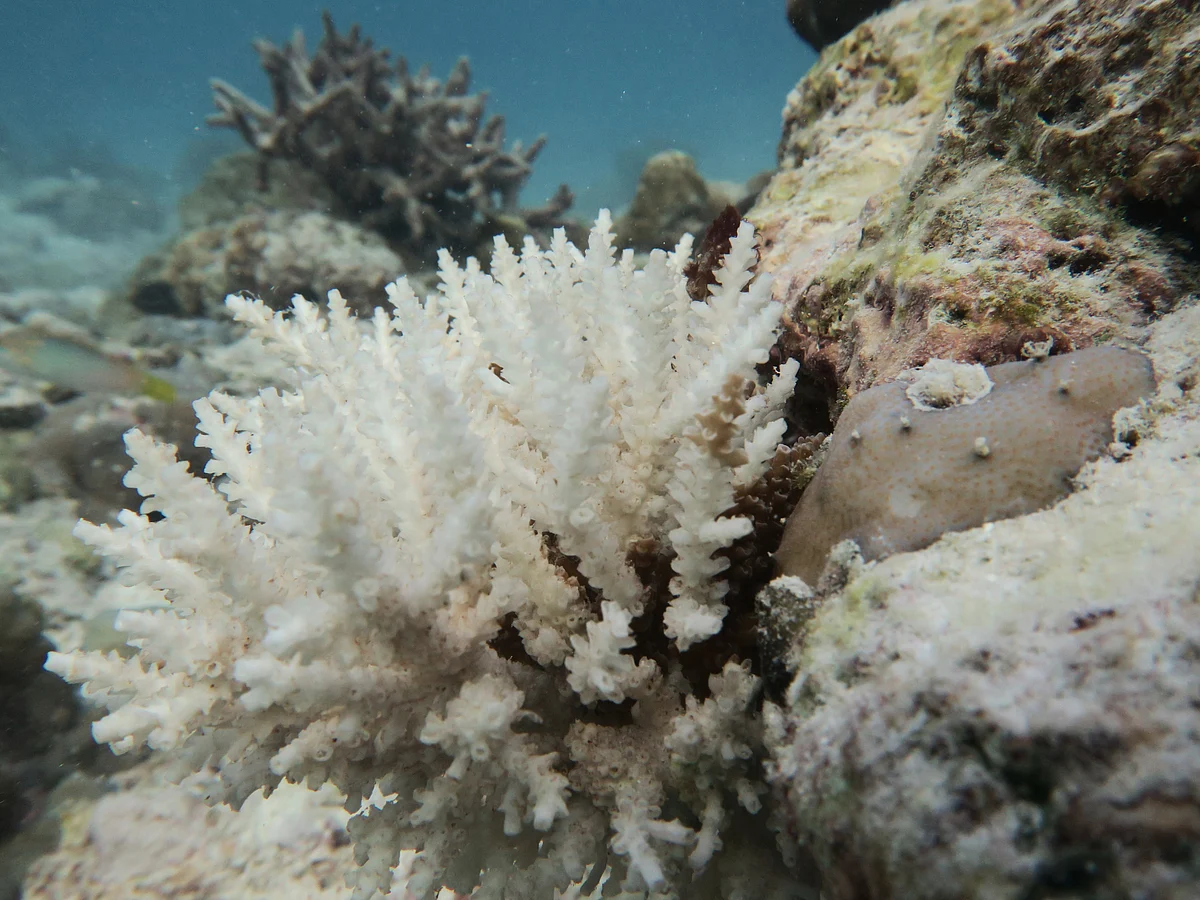Rohan Arthur
rohan@ncf-india.org
Scientist, Oceans and Coasts
Ph.D.
My research interests concern issues of conservation, particularly the implications of climate change for marine ecosystems, the rational management of marine systems and fisheries in India, and the interface between policy, traditional practices, and ecosystem management. I have worked in several reef systems around India, and along the Kenyan coast. My chief concerns are in furthering the fledgling tradition of good field ecological research in marine environments in India, and in helping fill some of the significant gaps in the very basic knowledge we require to manage them.
A long-held fascination for their aesthetic irresponsibility, together with generous helpings of inertia and serendipity, has drawn me to marine ecosystems and their conservation. I obtained my Master's degree in Wildlife Science from the Wildlife Institute of India in 1995. For my master's research I worked on coral community composition and its response to human disturbance in the intertidal reefs of the Gulf of Kutch in Northwest India.
I am one of NCF's founder-trustees, and direct its reef program. I continue to be interested in reef community dynamics and disturbance, and my doctoral research focuses on the consequences of temperature-induced mass-mortality of coral on the reef systems of the Lakshadweep atoll reefs, Western India.
Projects
Publications
Journal Article
2022
Distribution of the Critically Endangered Giant Guitarfish (Glaucostegus typus) based on Local Ecological Knowledge in the Andaman Islands, India.
Book Chapter
2018
Narrative from Indian seas: Marine resource use, Ecosystem responses, and the accidents of history.
Dataset
2016
Long-lived groupers require structurally stable reefs in the face of repeated climate change disturbances.
Journal Article
2015
Seagrass Herbivory Levels Sustain Site-Fidelity in a Remnant Dugong PopulationSeagrass Herbivory Levels Sustain Site- Fidelity in a Remnant Dugong Population
Journal Article
2015
Sharing mechanisms in corporate groups may be more resilient to natural disasters than kin groups in the Nicobar Islands
Journal Article
2015
Erosion of Traditional Marine Management Systems in the Face of Disturbances in the Nicobar Archipelago
Journal Article
2013
Long-Term occupancy trends in a data-poor dugong population in the Andaman and Nicobar Archipelago
Journal Article
2013
Complex ecological pathways underlie perceptions of conflict between green turtles and fishers in the Lakshadweep Islands.
Journal Article
2013
Green turtle herbivory dominates the fate of seagrass primary production in the Lakshadweep islands (Indian Ocean)
Journal Article
2013
Greener pastures? High-density feeding aggregations of green turtles precipitate species shifts in seagrass meadows
Journal Article
2010
Implications of conserving an ecosystem modifier: Increasing green turtle (Chelonia mydas) densities substantially alters seagrass meadows

